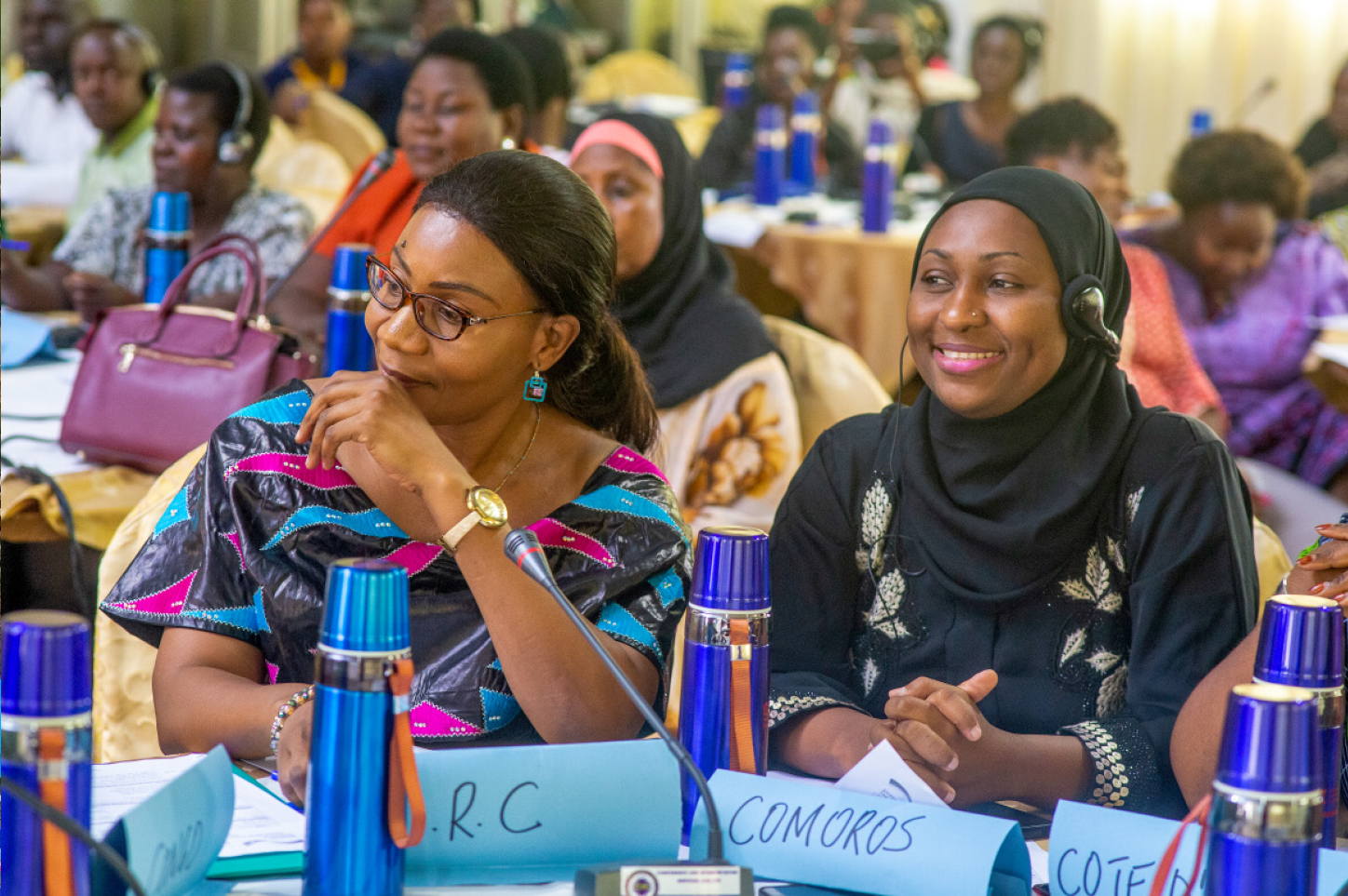Based on the results of the gender analysis, a demand-oriented gender strategy can be adopted. Approaches and activities include not only measures focused on removing structural barriers but also aspects such as the adjustment of training venues, training locations, and time to enhance the accessibility for differently abled people and all genders. All are part of demand-oriented capacity building measures.
“Gender Makes Business Sense” (GmBS) by the project “Aquaculture Value Chain for Higher Income and Food Security in Malawi” (AVCP) is such a practical capacity development programme for agripreneurs, aimed at enhancing participants understanding of business while integrating gender dimensions. It focuses on gender transformative changes, tackling power relations at root causes systematically, and seeking behavioural change at various levels and stages to redress gender imbalances at the different levels of the aquaculture value chain.
Through the experiential learning approach both women and men are equipped with practical business management skills and financial know-how as well as an understanding of the socio-economic impact of gender dynamics in their business. The programme seeks change not only from agripreneurs but from value chain actors themselves, policy actors, and the GmBS facilitators in the field. It therefore trains not only farmers, but also stakeholders including extension workers, senior fisheries officers, and political focal persons to lobby for the inclusion of gender transformative change approaches at the policy level. Through the engagement of various actors from all genders, the potential to transform social relations for example regarding decision-making and access to resources towards food security is improved.
To promote ownership and continue to equip farmers with the skills and knowledge shared by GmBS, it has been integrated into an “Aquaculture Technical and Vocational Education and Training” (A-TVET) programme. Training institutes, such as the Malawi College of Fisheries or the Stephanos Vocational Training Centre, were supported with training materials, toolkits, and further qualification of their trainers in gender transformative aquaculture.
Another capacity building programme was the training of women groups on Lake Victoria, Uganda by the “Responsible Fisheries Business Chains Project” (RFBCP) to enhance and strengthen women’s capacities to equally participate in the fisheries value chain. In contrast to GmBS it was more focused on building up confidence and skills in the field. Female boat owners, processors and traders were trained about hygiene handling, fish processing, team building, leadership principles and conflict management to sustain small-scale fisheries.
As an outcome of the training measures women were not only encouraged to increase their involvement in the decision-making processes, but also to publicly speak about ways to protect fisheries resources and advocate for themselves without fear, contributing also to a reduction of domestic violence. They furthermore strengthened women groups and worked better as a team.
The training in “Business Development Services” (BDS) in Uganda focused on entrepreneurs involved in the fish value chain at micro and small-scale levels acquiring knowledge, skills, and competencies that are critical to business development and the promotion of sustainability. It was implemented at Lake Victoria and Lake Kyoga in partnership with local organisations such as the “Katosi Women Development Trust” (KWDT), the “Association of Fishers Lake User Uganda” (AFALU), and the “Federation of Fisheries Organisations Uganda” (FFOU).
The trainers educating about business development concepts were community-based, participated in a Training of Trainers (ToT) workshop, and held monthly coordination meetings for exchange. They focused on topics like reinforcing the groups, entrepreneurship, business planning, branding and marketing, financial management and fish processing and value addition, record keeping aimed at enhancing skills and knowledge, and attitudes regarding business operations. For better and long-term success, the training materials were illustrated and translated into the local languages. The activities led to a business growth, which has strengthened women’s confidence in doing business as well as expanded women’s networks.
To measure the success of the capacity building approach, a baseline survey and impact evaluation can be conducted. Such was done for the BDS programme in Uganda. The baseline survey helped to establish the status of the fisheries business and their demands while the impact evaluation measured the application of the training contents. Results indicate that over 80 % of the participants were applying the content into their fisheries businesses. It’s important to consider that women’s access to capacity-building training doesn’t stop at training, but next to involvement in women’s networks and exchange groups the application of the content is key for business growth as well as empowerment, enhanced through more self-esteem and independence.
